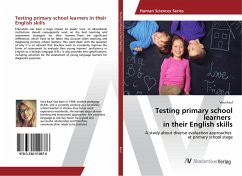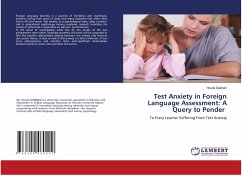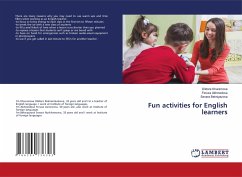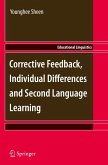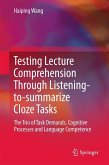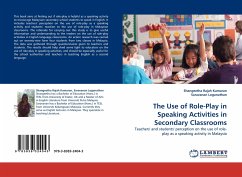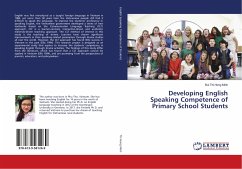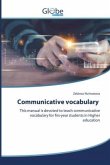Education can have a huge impact on pupils' lives, so educational institutions should consequently work on the best teaching and assessment strategies for their learners. There are significant differences, which have to be taken into account when teaching and diagnosing primary school learners. This work deals with the question of why it is so relevant that teachers work to constantly improve the forms of assessment to evaluate their young learners' proficiency in English as a foreign language (EFL). It also provides test specifications, including activities for the assessment of young language learners for diagnostic purposes.
Bitte wählen Sie Ihr Anliegen aus.
Rechnungen
Retourenschein anfordern
Bestellstatus
Storno

